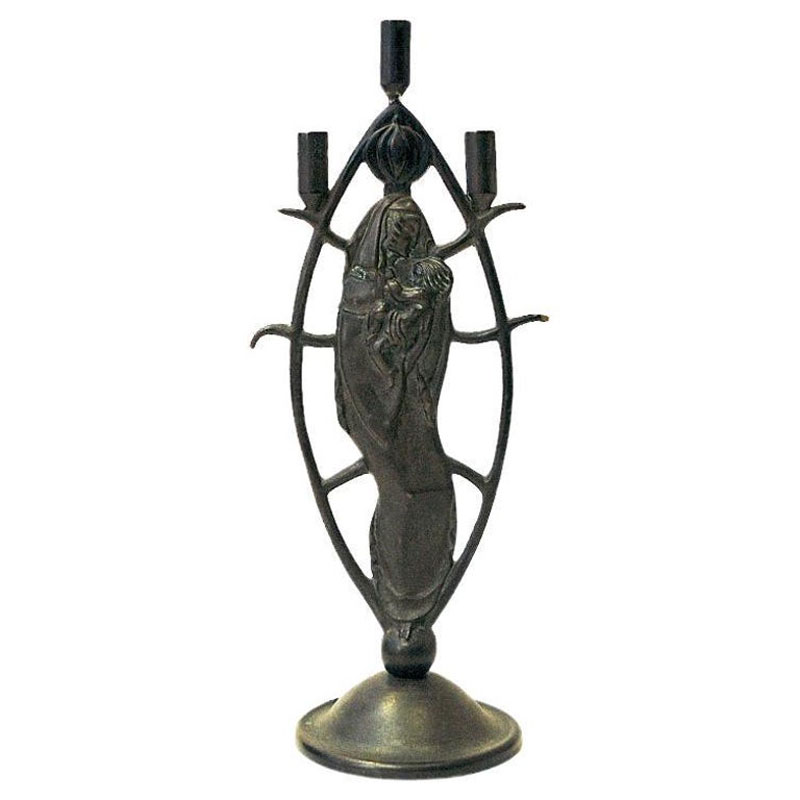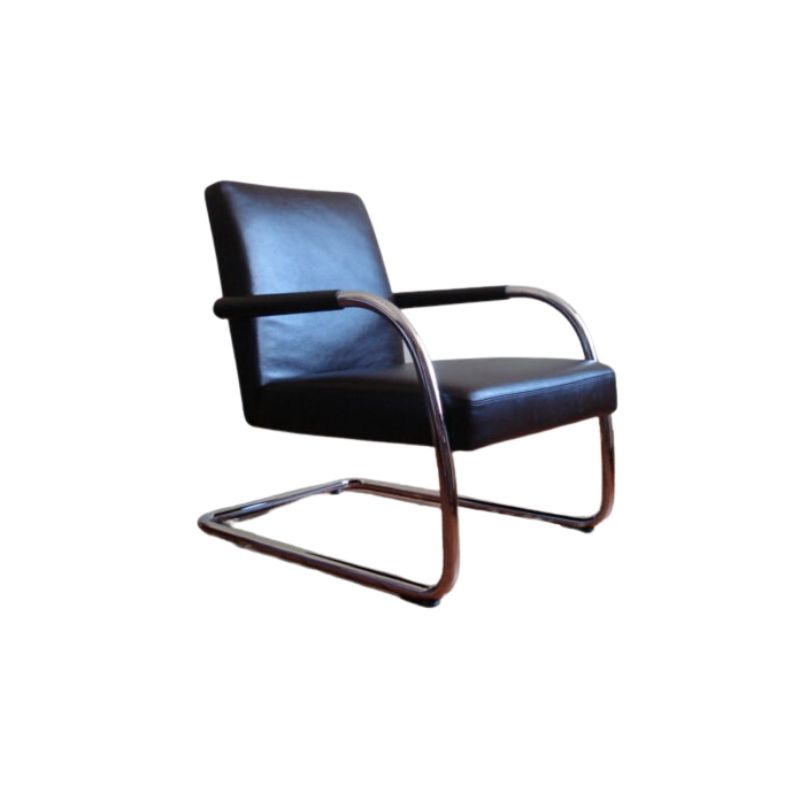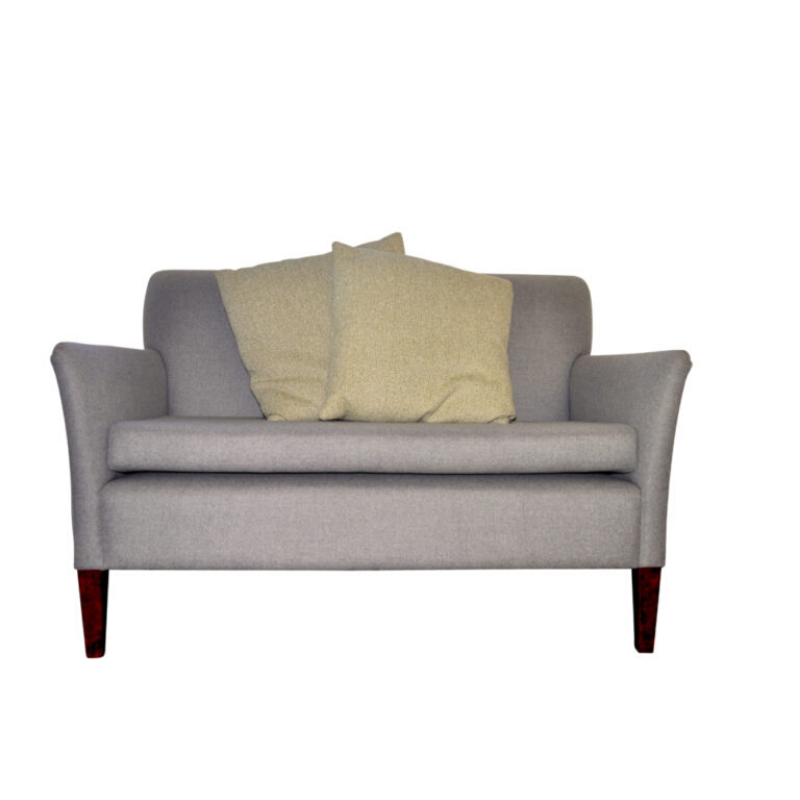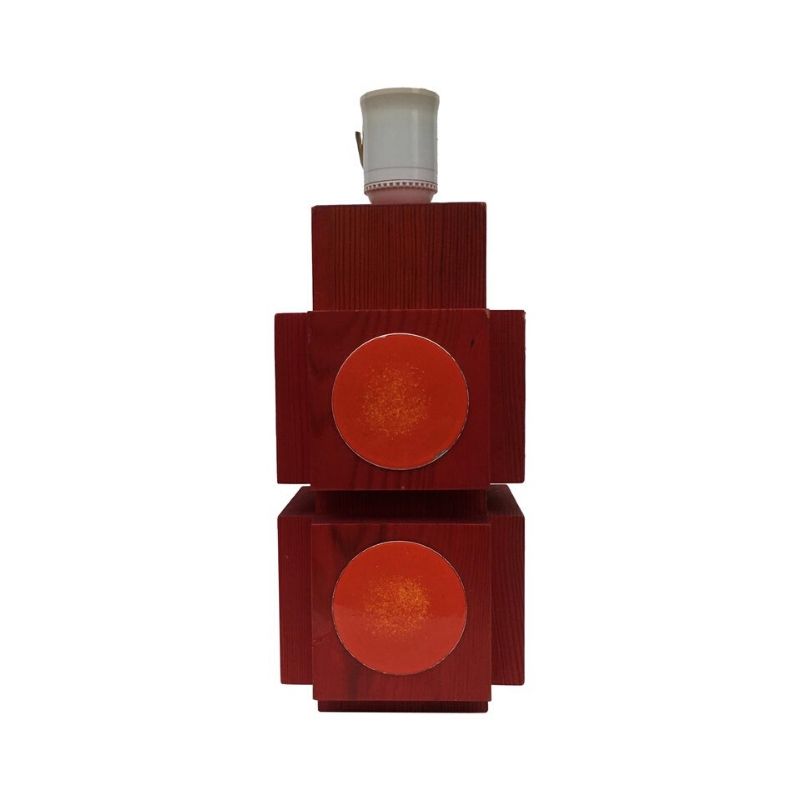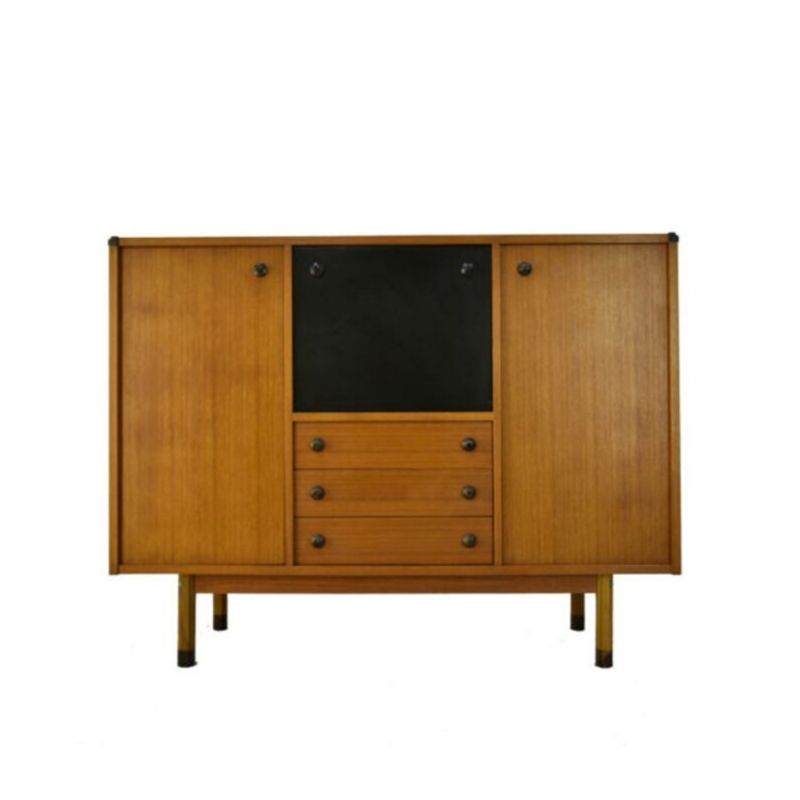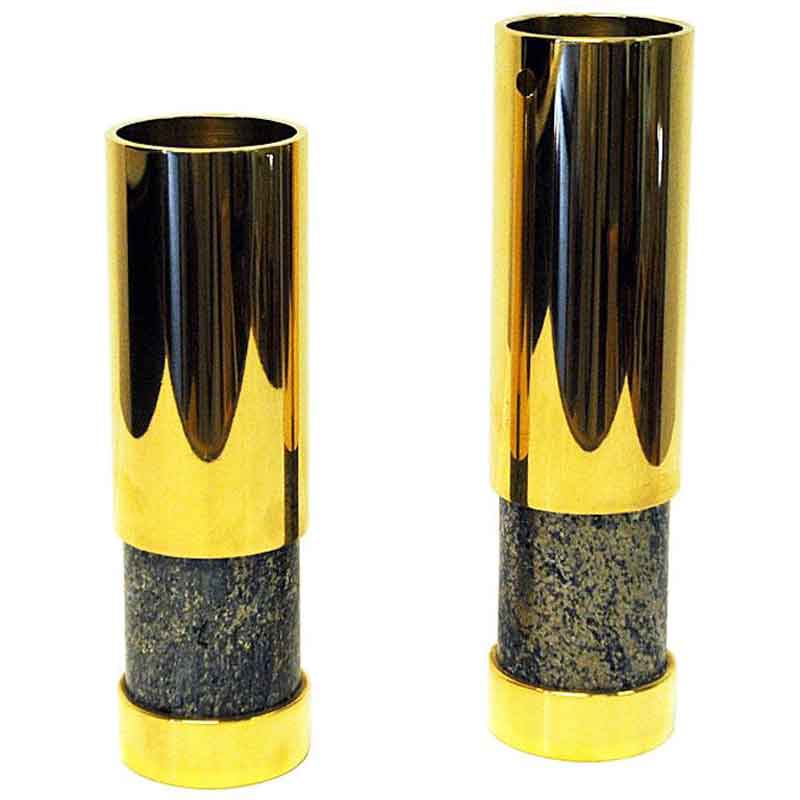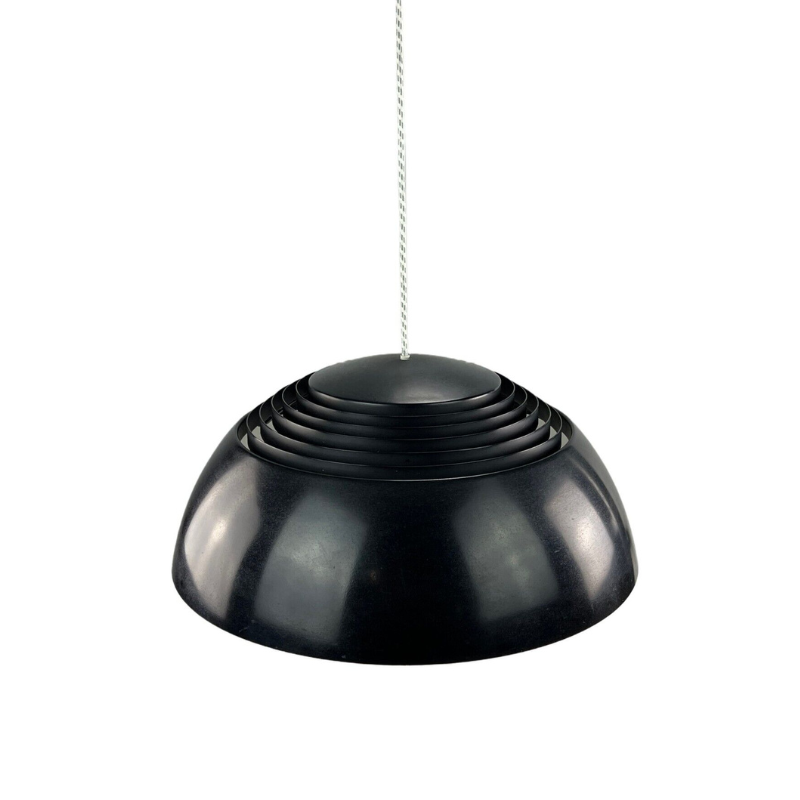Ha--I think it's more likely that Restoration Hardware is just trolling this place looking for beautiful vintage furniture they can copy in found-in-the-woods-looking wood and sell for a thousand times what it's worth. I have never gotten over their aluminum-clad Swan chair with all the sloppy riveting. (not that sloppy riveting is what made it bad. Hardly.)
PS, this is one of my favorite thread titles in a long time.
RH claimed that their versions was "paying homage to Arne Jacobsen" except the RH chair looked like the Frankenstein brides of the Egg & the Swan chairs with those riveted metal.
RH also came up with period reproductions of revivalist/Louis the something chairs with the exposed wood frames partially covered in jute & linen fabric as if someone picked up an old chair from the side of the road & stripped off the original "worn" upholstery exposing the fake nail holes.
I have no issues with old stuff, just do not resort to fakery to get the look, as if there is a shortage of old stuff out there.
Not often in design studies do we get a clear illustration of why a particular move is "natural" vs imposed, "right" vs wrong, etc. What's wrong with making old-looking ("aged," "distressed") furniture pieces ? The fact that the aging HAS TO BE FAKED. Fake nail holes, fake weathering, fake wear. FAKE -- FAKE -- FAKE (to quote Elaine Benes).
I rest my case.
It is white oak. You can see the long rays. And it is rustic grade oak, hence the knots. The maker may well have picked the knotty oak to go along with the rustic timber frame style of construction.
I like it. Just bring it inside and do NOTHING else to it. Some beauties are incredibly fragile. Like this one.
It's true, isn't it ?
Any lover of building or furniture has witnessed the horror of a coat of paint where one was never intended.
Other fragilities exist: I was allowed to walk around in (and out) of a 1950 Usonian here in Northern California, one afternoon. The owner and his siblings, original inhabitants of the house as children, were finally at the point of handing the house to a new owner. The house is built of mahogany and "Desert masonry," Wright's late-career stone-and-concrete invention. The wood has only the necessary coating, inside or out; the vast plain-boarded tent of a ceiling --vast, in a house with few extra square feet of floor space -- appeared bare. On a window post, between one of a continuous waist-high-to-ceiling band of sash in the living room, I found a conspicuous splinter: like a large animal's eyelash curving out from the corner of the square post. How I wished to approach it with a dab of glue and some strong masking tape . . .
I still think about it. How long had it been left alone ? Why had not some child long ago broken it off, accidentally or thoughtlessly ? How long would it survive under a new owner's care ?
I have encountered a few interiors books that embraces this wabi sabi' aesthetic using elements that are authentically old, functional found objects & incorporated in 21st century living, sometimes achieved with a houseful of curated collection of distressed found objects & sometimes mixed in with vintage & contemporary modern stuff.
The names I can remember at the moment are Mark & Sally Bailey from the UK and Axel Vervoordt from Belgium.
https://www.google.com/search?q=axel+vervoordt&client=safari&channel=iph...
There is simply no good reason for the doors on this thing to be so thick unless the maker had neither the skill nor tools to make them otherwise. There is absolutely no design or technique finesse involved with the piece. I meant it when I said it looks like the work of a timber framer and when I mentioned BTU value. It's not even old, as evidenced by planer/jointer marks.
Leif, if you really like the weathered white oak look, all you need to fake it are lye and a wire brush. Well done, it's actually pretty convincing...
Mini, the fireplace in your pic is the appropriate place for the OP's find.
Yeah, it's very homemade but I am still betting that there are trendy types who would be happy to pay quite a bit more than the modest purchase price for it.
Speaking of splinters (sorta), I meant to add above for those of you who didn't get the pleasure (?) of seeing the RH sheet metal Swan chair in person---there were a bunch of corners and edges of metal sticking up in places where hands, arms, and legs go. Utter garbage. Plus, not comfortable at all.
Anybody have an opinion about how the hinges are fastened ? What are those -- something not much used in North America ? Someone should do a history of cabinet hinges. Or maybe there is one out there already.
Anybody remember me asking about a little-known but published German school shop teacher who designed projects for his students -- case pieces featuring geometrical bas-relief door treatments in solid wood ? I've lost his name, for the second time . . .
If you need any help, please contact us at – info@designaddict.com



